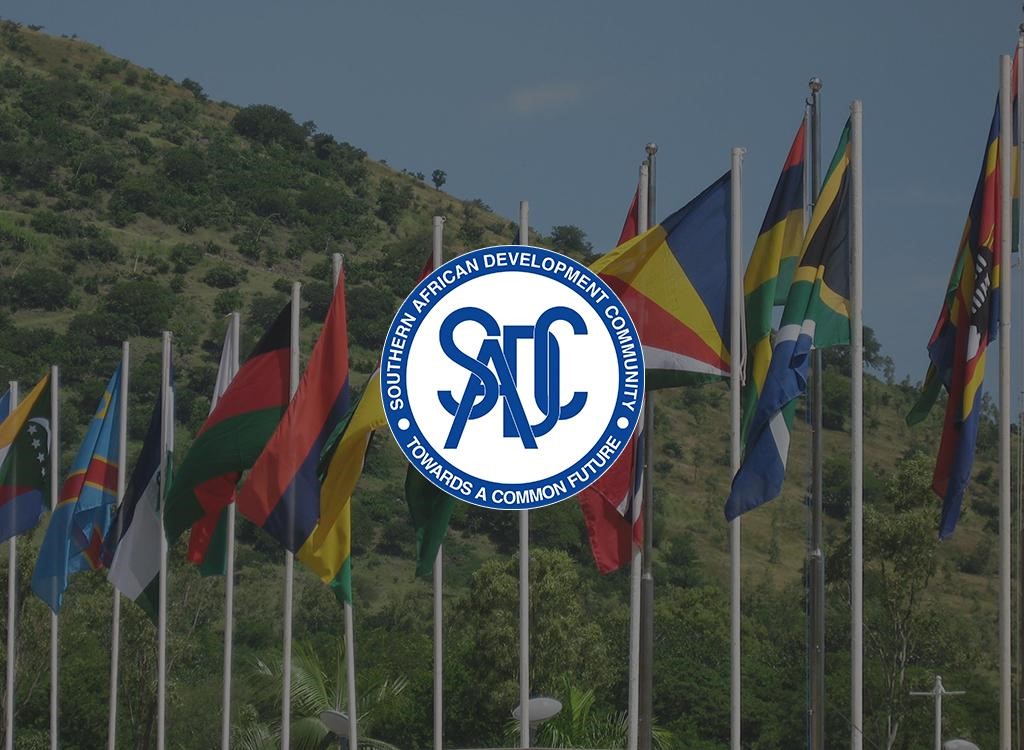Namibia offers numerous study abroad opportunities for international students. These opportunities are offered through partnerships with universities and study abroad programs that provide students with academic, cultural, and social experiences. In this response, we will discuss the study abroad opportunities of Namibia in detail, including the various programs, benefits, and challenges that students may encounter.
One of the primary study abroad opportunities in Namibia is through the University of Namibia (UNAM), which has partnerships with universities in Europe, Asia, and North America. These partnerships allow for student exchange programs, where students can study abroad for a semester or year and earn credits towards their degree. Additionally, UNAM also offers short-term study abroad programs, such as summer programs, which provide students with the opportunity to experience Namibia’s culture and gain academic credit.
Another option for studying abroad in Namibia is through third-party study abroad providers. Providers such as CIEE (Council on International Educational Exchange) offer programs in Namibia, which typically include a combination of academic coursework, cultural activities, and excursions. These programs offer students the opportunity to study and learn about Namibia’s history, culture, and social issues while earning academic credit towards their degree.
Studying abroad in Namibia provides numerous benefits for students. One benefit is the opportunity to gain a unique perspective on global issues and develop cross-cultural communication skills. Namibia has a rich cultural heritage and diverse population, providing students with the opportunity to learn from different perspectives and gain a deeper understanding of the world. Additionally, studying abroad in Namibia can also provide students with career opportunities, as they develop skills such as adaptability, independence, and intercultural competency, which are highly valued by employers.
However, studying abroad in Namibia also presents some challenges. One challenge is the cost of living, which can be relatively high for international students. Additionally, the language barrier can be a challenge for some students, as English is the official language, but Namibians often speak multiple languages, including Afrikaans and local dialects. Cultural differences, such as social norms and expectations, can also be a challenge for some students.
In conclusion, Namibia offers numerous study abroad opportunities through partnerships with universities and third-party providers. These programs provide students with academic, cultural, and social experiences, allowing them to gain a unique perspective on global issues and develop cross-cultural communication skills. While studying abroad in Namibia presents some challenges, the benefits of gaining intercultural competency and career opportunities make it a worthwhile experience for many students.




